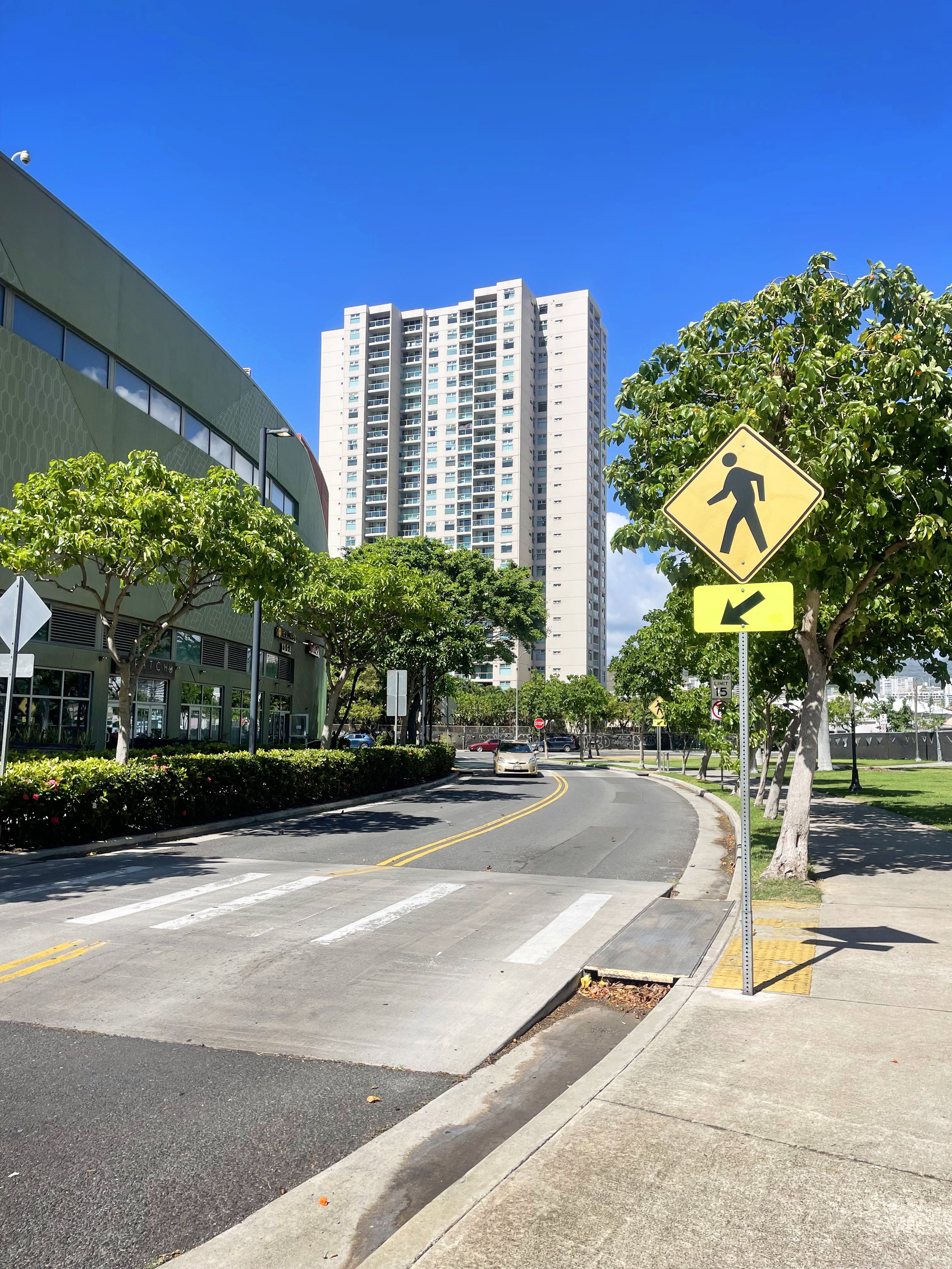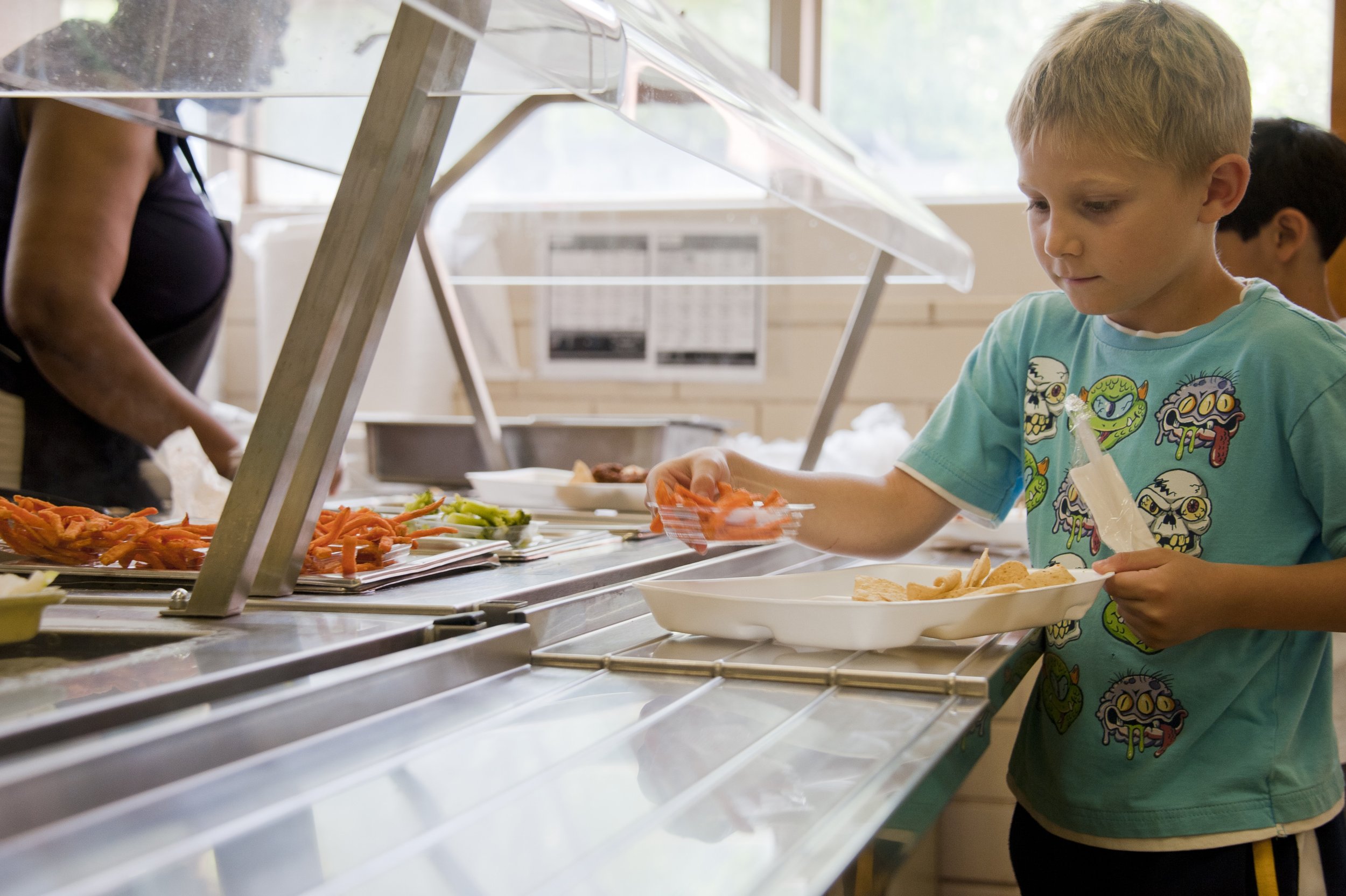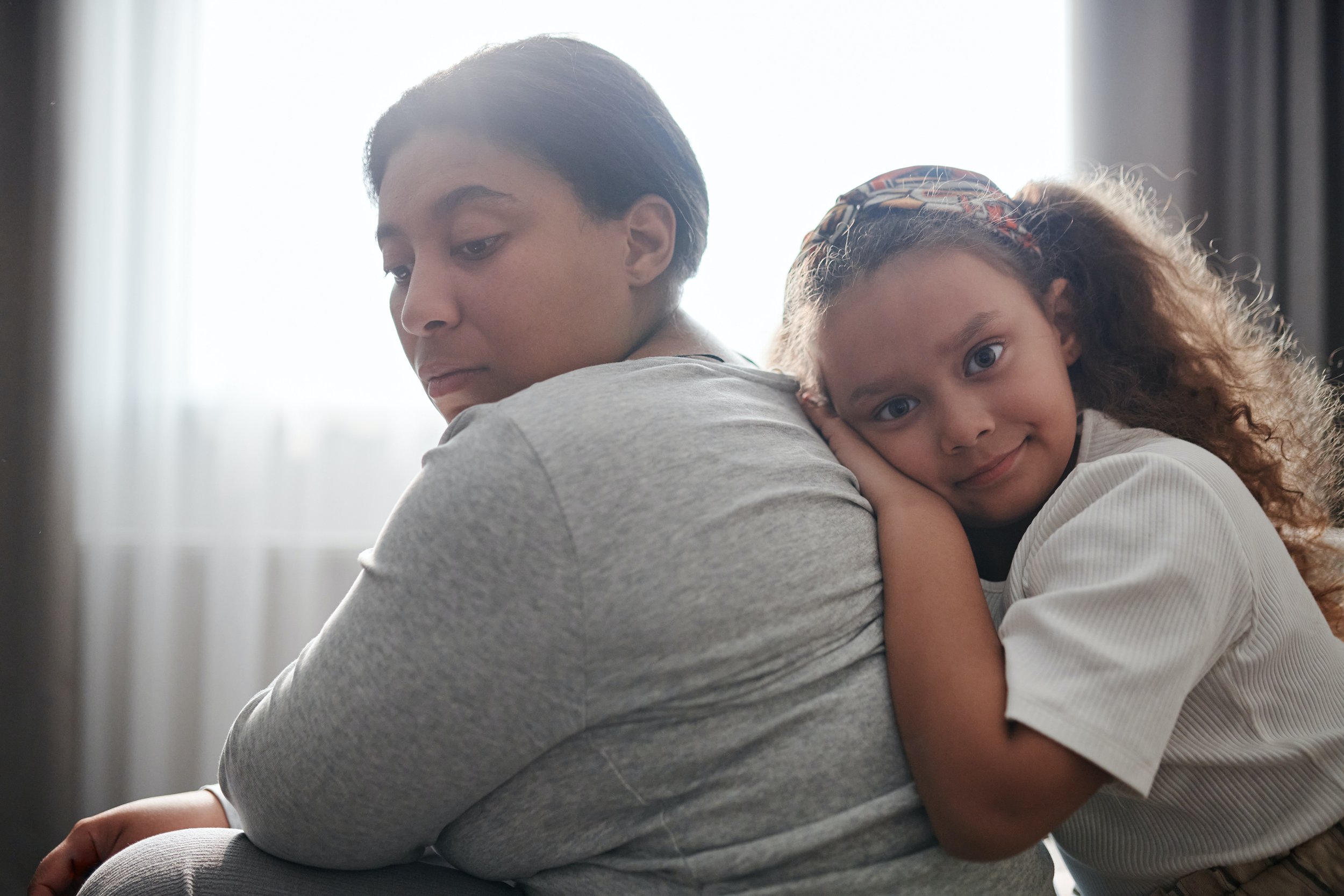
New report warns of insurance crisis, charts path for equitable resilience in face of climate disasters
The analysis, “Who Pays for Climate Disasters?,” reveals a system in retreat, leaving residents vulnerable as private insurers abandon markets and shift costs to the public.

Community coalition celebrates passage of school meal expansion bill
The Hawaiʻi State Legislature has approved Senate Bill 1300, which will expand free school meal access to keiki in the ALICE population over the next two school years.

Community forum will bolster political will behind Universal Free School Meals
Free School Meals 4 All: A Community Forum will take place Sat., March 15 from 9:30 - 11:30 a.m. at McKinley High School auditorium.

Recent state tax cuts leave many struggling families behind, in need of more help
Tax credits can help round out relief efforts at low cost to the state by targeting assistance only to the families that need additional support.

Hawaiʻi poised to offer nutrition support services to Medicaid patients
With approval of Hawaiʻi’s Section 1115 Medicaid Demonstration Waiver, community-based food and nutrition organizations can soon begin to offer healthy food as medicine.

New policy report calls for major shift in Hawai‘i’s transportation spending to address unmet mobility needs, traffic congestion and emissions
Over the last 5 years, 66.3 percent of the state’s transportation budget has gone toward projects that increase vehicle capacity, while only 1.5 percent has gone to reducing vehicle travel.

Hawaiʻi Appleseed releases 2024 edition of its Budget Primer product
The biennial budget analysis product is a core service provided by Appleseed researchers.

Estate tax giveaway HB2653 would further concentrate wealth, drive inequality
New data-driven policy brief from Hawaiʻi Appleseed aims to educate lawmakers on the true nature of the policy proposal contained in this 2024 bill.

New report calls upon the state to join a growing national movement and provide free meals to all Hawaiʻi public school students
Extending free meals to all public school students would cost about $25 million per year—about 1 percent of the DOE’s operating budget.

Hawaiʻi’s low wages relative to its cost of living put a serious strain on society, local economy
In a new report, Hawaiʻi Appleseed researchers demonstrate how chronically low wages have prevented Hawaiʻi’s working families from thriving, and outline the significant cost that poverty exacts from these families, from future generations, and from all of us.

$8 million in additional federal funds now flowing to Hawaiʻi to feed keiki
Hawaiʻi sees first school meal reimbursement rate increase in 40 years.

Four local nonprofits team up to curb hunger with new national funding
Four Hawaiʻi nonprofits are jointly launching a new effort to end hunger in the state, thanks to new funding from MAZON: A Jewish Response to Hunger, a leading national anti-hunger organization.

Donations at Safeway in September will help end hunger
All through September, when you make a donation to the Nourishing Neighbors campaign at Safeway stores throughout Hawaiʻi, you’ll be helping more Hawaiʻi students start the day with a healthy breakfast.

Community partnership nearly doubles capacity to 20 keiki feeding sites
On May 5, Kamaʻāina Kids will open 9 new sites, including one on Maui.

Community partnership expands to 11 sites serving free meals to 1,700 keiki on Oʻahu
Suppers being served in Kalihi and new sites in ʻAiea and Honolulu.

Hawaiʻi drops to 51st in the nation for school breakfast participation
Even fewer low-income children in Hawaiʻi are starting their day with a healthy school breakfast.

Report explores the multifaceted issue of senior hunger in Hawaiʻi
To effectively address senior hunger, policymakers need to adopt a holistic framework that understands the interplay between public health, economic justice and social capital.

Hawaiʻi Appleseed and PHOCUSED join forces
The merger of these social justice organizations is meant to forge a stronger connection between data-driven policy and impacted communities.

Hawaiʻi ranks last at serving after-school suppers to low-income keiki
The state is foregoing more than $600,000 per year in federal meal reimbursements as a result.

Official poverty data obscures reality faced by Hawaiʻi residents
The more accurate Supplemental Poverty Measure ranks Hawaiʻi at 13th highest for poverty in the nation.
